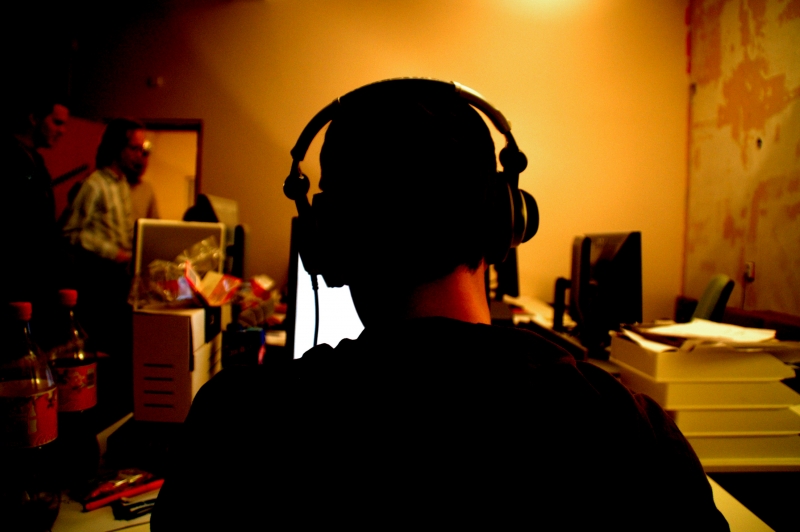Recap: Back in December, the World Health Organization (WHO) surprised gamers and many medical professionals alike by including 'gaming disorder' in its beta draft of International Classification of Diseases (ICD) for 2018. Now, the updated 11th edition of the ICD has been released, and with it comes the official definition of gaming addiction as a mental health disorder.
The volume diagnoses the condition as being identifiable by three signs:
- Impaired control over gaming (e.g. onset, frequency, intensity, duration, termination, context).
- Increasing priority given to gaming to the extent that gaming takes precedence over other life interests and daily activities.
- Continuation or escalation of gaming despite the occurrence of negative consequences.
According to the ICD-11, the behavioral pattern of someone suffering from gaming disorder results in significant impairment in personal, family, social, educational, occupational or other important areas of functioning.
Dr. Vladimir Poznyak, the WHO member who proposed the new diagnoses, told CNN "I'm not creating a precedent." He said WHO has followed "the trends, the developments, which have taken place in populations and in the professional field."
Most of the medical profession is against the Gaming Disorder inclusion; two papers opposing the proposal having already been released. In the UK, the country's National Health Service has now started offering free treatment for those experiencing the disorder, though exactly what treatment would be most effective is still under discussion.
The gaming industry is also speaking out against the move. Yesterday, a statement co-signed by the ESA, ESAC, EGDF, IESA, IGEA, ISFE, K-GAMES, and UBV&G explained that "Videogames across all kinds of genres, devices and platforms are enjoyed safely and sensibly by more than 2 billion people worldwide, with the educational, therapeutic, and recreational value of games being well-founded and widely recognized. We are therefore concerned to see 'gaming disorder' still contained in the latest version of the WHO's ICD-11 despite significant opposition from the medical and scientific community. The evidence for its inclusion remains highly contested and inconclusive."
It's important to note that ICD-11 has not yet been finalized and the current draft won't be submitted until next year. As the online version points out: "content in this platform may change on an ongoing basis."
Video game addiction has come under the spotlight again recently, following news of a nine-year-old girl being placed into rehab because she couldn't stop playing Fortnite.
